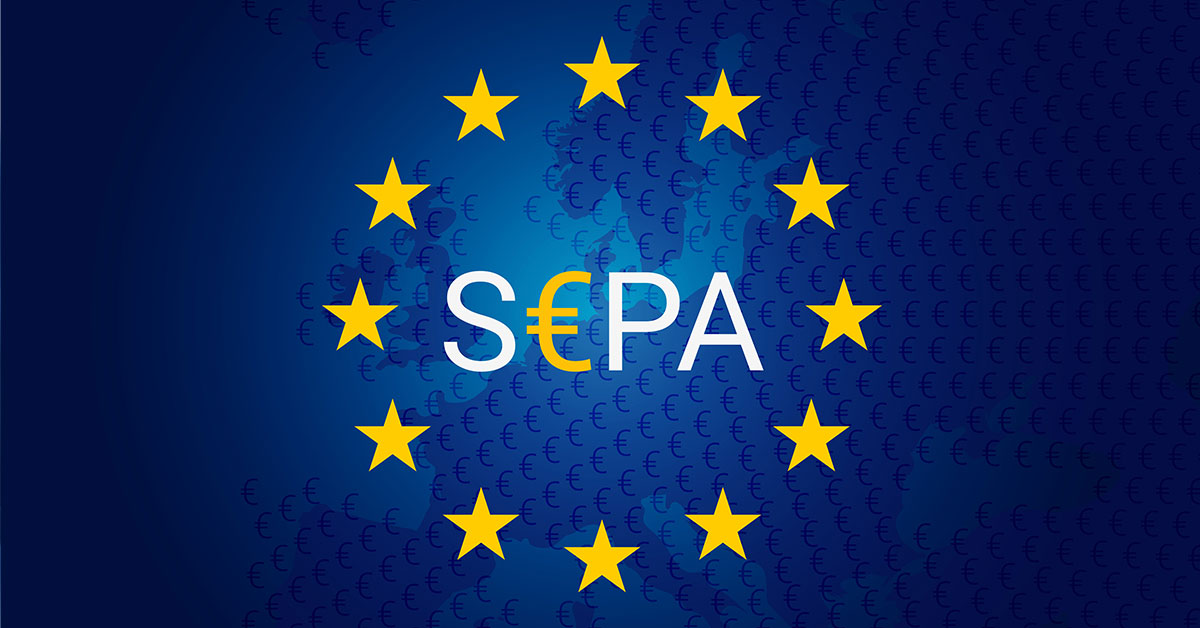In today’s interconnected world, the efficient transfer of funds across borders and within regions is critical to the smooth functioning of the global economy. Payment networks are the backbone of these transactions, ensuring that money moves swiftly, securely, and reliably between individuals, businesses, and governments. As the demand for instant, transparent, and safe payment solutions grows, these networks are evolving to meet the needs of an increasingly digital and globalised market.
This article focuses on the current landscape of global payment networks, focusing on major systems like Fast Payments, SEPA, SWIFT, and TARGET2, while also looking ahead to the future of payment processing.
Overview of Global Payment Networks
Payment networks are essential to the global economy, providing the infrastructure needed for the seamless exchange of funds across borders. They play a crucial role in facilitating international trade, investment, and remittances.
Key systems in this ecosystem include FAST, which offers real-time transaction capabilities; SEPA, which simplifies euro payments across Europe; SWIFT, the leading messaging network for international payments; and TARGET2, the real-time gross settlement system used within the eurozone.
The Need for Evolution
As the digital economy expands, there is an increasing demand for payment systems that can offer faster, more efficient, and secure transactions. The rise of e-commerce, mobile banking, and global financial integration has accelerated the need for payment networks to evolve. Key drivers of this change include the growing expectation for instant payment processing, the need for greater transparency and traceability in transactions, and the ongoing efforts to enhance the security of financial systems.
SWIFT (Society for Worldwide Interbank Financial Telecommunication)
SWIFT is a global messaging network that facilitates the exchange of financial information between banks and other financial institutions. It plays a critical role in international transactions, providing a secure and standardized platform for the exchange of payment instructions and other financial messages.
SWIFT’s network connects over 11,000 institutions in more than 200 countries, making it the backbone of the global financial system. One of SWIFT’s major innovations in recent years is the Global Payments Innovation (GPI) service, which enables faster, more transparent, and traceable cross-border payments.
Challenges and Innovations
Despite its widespread use, SWIFT faces several challenges, including the need to enhance the speed and cost-effectiveness of its services. Traditional SWIFT transactions can be slow, often taking several days to settle, and can incur high fees due to intermediary banks. To address these issues, SWIFT has introduced various innovations, including the aforementioned gpi service, which significantly reduces transaction times and improves transparency by providing real-time tracking of payments.
SEPA (Single Euro Payments Area)
The Single Euro Payments Area (SEPA) was created to simplify and harmonize euro transactions across Europe, making cross-border payments as easy as domestic ones. SEPA encompasses 36 countries, including all European Union member states and several non-EU countries.
The main components of SEPA include the SEPA Credit Transfer (SCT) and SEPA Direct Debit (SDD), which allow individuals and businesses to send and receive euro payments with uniform conditions, rights, and obligations across the region.
Impact on European Payments
SEPA has significantly streamlined cross-border payments within Europe, reducing the cost and complexity of conducting transactions in euros. By standardizing payment processes and formats, SEPA has facilitated greater economic integration across the region and enhanced the efficiency of the European financial market.
Recent developments in SEPA include the introduction of the SEPA Instant Credit Transfer (SCT Inst), which enables instant transfers across SEPA countries, further boosting the speed and convenience of euro payments.
TARGET2 (Trans-European Automated Real-time Gross Settlement Express Transfer System)
TARGET2 is the real-time gross settlement (RTGS) system used by the eurozone to process large-value payments between banks. Operated by the Eurosystem, TARGET2 ensures the smooth functioning of the European financial system by providing a secure and efficient platform for the settlement of interbank transactions in euros.
The system processes a wide range of transactions, including monetary policy operations, interbank payments, and commercial transactions, ensuring that funds are transferred in real time and on a gross basis.
TARGET2’s Evolution
TARGET2 has undergone several updates to improve its efficiency, security, and integration with other European financial market infrastructures.
Recent enhancements include the development of TARGET Instant Payment Settlement (TIPS), which enables instant payments in euros, and the ongoing consolidation with the TARGET2-Securities (T2S) platform, which streamlines the settlement of securities transactions in Europe.
FAST (Fast And Secure Transfers)
FAST, or Fast and Secure Transfers, is a payment system designed to enable real-time or near real-time transactions, ensuring that funds are transferred and made available to the recipient almost instantly. Unlike traditional banking systems that operate within limited hours, FAST operates around the clock, 24/7, allowing users to initiate and receive payments at any time.
Key characteristics of FAST include the immediate confirmation of payments, reduced processing times, and support for a wide range of transactions, from peer-to-peer transfers to business payments.
Global Adoption and Examples
FAST systems have gained widespread adoption across various regions, with many countries developing their versions to meet the growing demand for instant payments.
In Singapore, the FAST (Fast and Secure Transfers) system was launched in 2014, enabling immediate transfers between participating banks and financial institutions. Similarly, the United Kingdom’s Faster Payments Service (FPS), introduced in 2008, allows for near-instantaneous transfers between banks, significantly enhancing the efficiency of the country’s payment system. In the United States, the Real-Time Payments (RTP) network, launched in 2017, offers real-time clearing and settlement of payments.
The Future of Payment Networks
The future of payment networks is being shaped by several emerging trends and technologies. Digital currencies, including central bank digital currencies (CBDCs), are poised to play an increasingly important role in the global payments landscape.
These digital assets offer the potential for faster, cheaper, and more secure transactions, though they also pose regulatory and security challenges. Artificial intelligence (AI) and machine learning (ML) are also expected to transform payment networks by enabling more sophisticated fraud detection, improving transaction processing times, and personalizing payment services.
How Can EMBank Help?
EMBank is committed to providing comprehensive financial services to businesses involved in international commerce. Whether your business requires the speed and efficiency of SEPA for European transactions, the global reach of SWIFT for international trade, or the stability of TARGET2 for Euro settlements, EMBank can assist you in making informed decisions.
Established in Lithuania and licensed by the European Central Bank, EMBank provides a Banking as a Service offering, combined with Safeguarding Account, Business Account, and Accumulative Account types, as well as payment options through SEPA, Swift, and Target2.
Please keep in mind that the above information has been prepared or assembled by the EMBank and is intended for informational purposes only. Some of the information may be dated and may not reflect the most current legal developments.
Please send an email to [email protected] to arrange a telephone call.




